
ISLAMABAD: A siege on a major naval base in the heart of Pakistan's biggest city that took 17 hours to quell heaps humiliation on a military still reeling from the fallout over Osama bin Laden, experts say.
Up to six Taliban fighters, armed with rocket-propelled grenades, explosives and automatic rifles, crept under cover of darkness to place ladders against the walls of the Mehran base and climbed over barbed wire into the facility.
They managed to destroy two P-3C Orion aircraft, costing an estimated dollar 36 million, which had only been delivered by the United States a year ago.
Scores of reinforcements were trucked to the scene, but 10 security personnel lost their lives in gun battles with just a handful of militants.
“This is of course a very serious blow to the capacity of the Pakistan navy to protect its bases and assets,” said analyst and author Imtiaz Gul.
“Recent killings and attacks seem part of a sustained campaign to destabilise and demoralise the state of Pakistan. They think the army remains a quasi-unifying force in Pakistan and it makes sense to hit them.” It was the fourth attack on the navy in Karachi in a month and the most serious assault on a major military base since the army's national headquarters in Rawalpindi was besieged for two days in October 2009, killing 22 people.
On May 13, bombers killed 98 people outside a police training centre in the northwest, the deadliest attack in the country since the beginning of 2010.
When Interior Minister Rehman Malik declared the attack over, he conceded that none of those responsible had been captured.
Even worse, he admitted, two may have escaped. He said he had been advised not to address the media at the gates of the base because of fears that suicide bombers might still be lurking in the bushes.
His comments came after the May 2 unilateral US raid that killed bin Laden in Abbottabad, in the shadow of the country's top military academy, which left Pakistanis angry and embarrassed that the world's most wanted man had been living in their midst.
Ordinary people, brought up to believe the military is the most powerful and professional institution in a country weighed down by weak civilian leadership and recession, are now choosing between thinking them incompetent or complicit. “The latest incident will create demoralisation and send the wrong message that this country is vulnerable. It will embolden militants and they will plan bigger attacks against high-value targets,” said analyst Rahimullah Yusufzai.
“Such incidents also strengthen those who claim Pakistan's nuclear assets are not safe,” he added.
Pakistan's big fear in the wake of the Navy SEALs raid has been that its prized nuclear weapons, which now reportedly number more than 100 and exceed those of arch-rival India, are not safe from an external attack.
Although US officials say they are confident Pakistan can protect its assets, there have been reports of an elite US squad ready to fly in to attempt to secure Pakistan's nuclear weapons if the government disintegrated.
Pakistan's response to the bin Laden debacle has been to plead incompetence, order a string of investigations, and remind the world that all intelligence agencies make mistakes in the fight against Islamic extremism.
“I appeal to the international community -- we need you to support us morally. Look how we are suffering due to this war... We are fighting not only for Pakistan but for the world also,” Malik told reporters.
All this as US officials say they are combing through intelligence gathered from the bin Laden compound to see whether there is any evidence that the military or intelligence services protected him.
Yusufzai, the newspaper columnist and expert on the tribal belt that the Taliban and Al-Qaeda networks have made their home, said further evidence that Pakistanis are on the frontline will not resolve its problems with Washington.
“They would like more and more al Qaeda and Taliban militants to be arrested. The allegation of complicity may subside but the US will keep asking Pakistan to take action against the Haqqani network and Taliban,” he told AFP.
Analysts believe there is increasing awareness in Pakistan that the military has directly jeopardised national security through its traditional support for militant groups fighting in Afghanistan and India.
Their selective approach to classifying those who confine their violence to outside Pakistan as “good Taliban” and those who pose a domestic threat as “bad Taliban” has courted suspicion abroad and blowback at home, analysts say.
“It is a big embarrassment for the country and the armed forces. Big attacks against the security forces resemble tactics that (militant group) Lashkar-e-Taiba adopted in Indian Kashmir,” said Gul. “Now they are being practiced in Pakistan.”


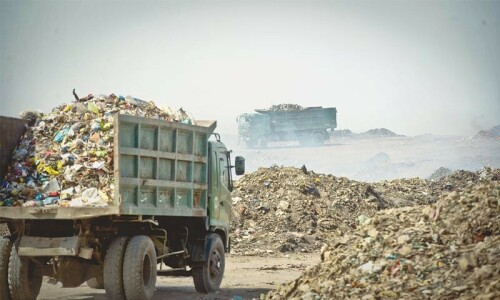
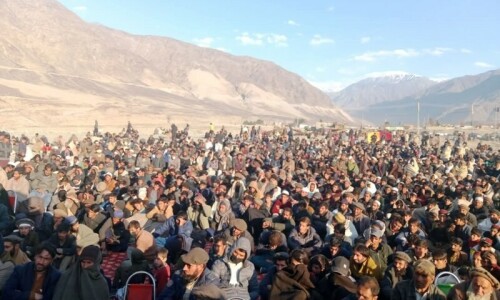












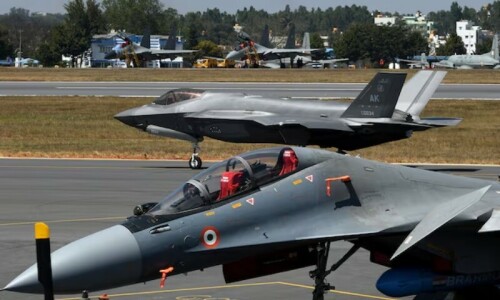




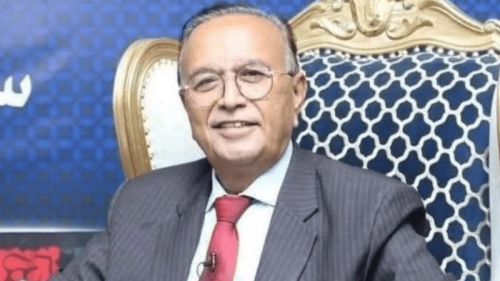
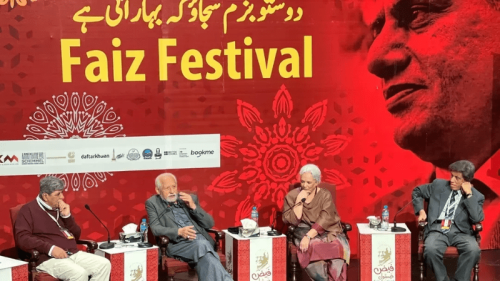














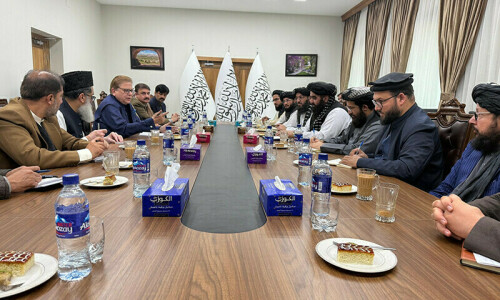



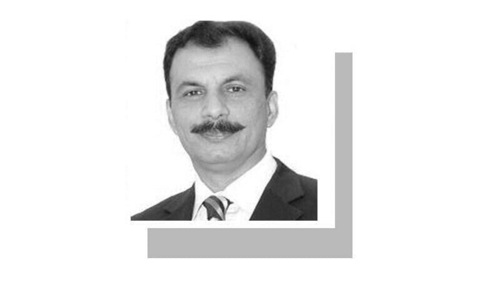






Dear visitor, the comments section is undergoing an overhaul and will return soon.